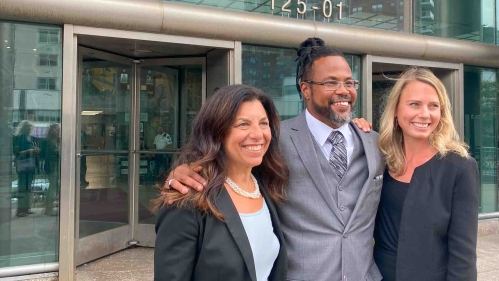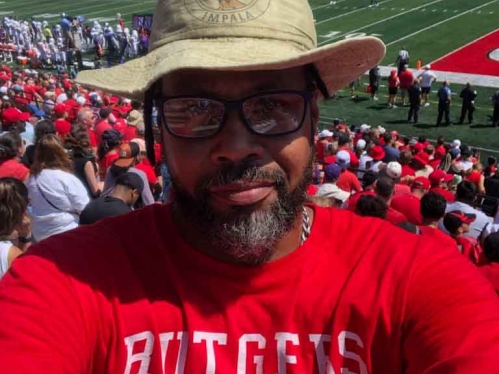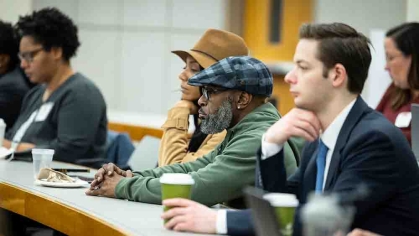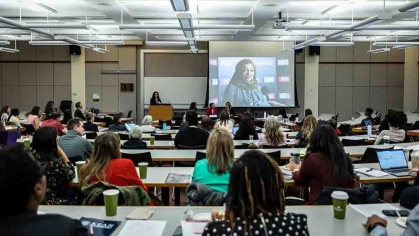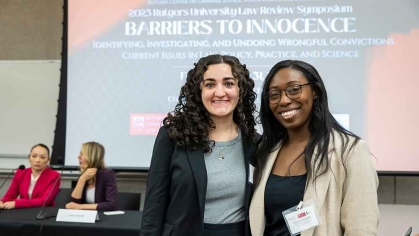Does Your Case Qualify?
Anyone applying for our help must:
*be incarcerated.
*have a conviction that occurred in New Jersey.
*have completed their trial and direct appeal.
*be factually innocent; meaning not involved in crime(s) for which they were convicted.
